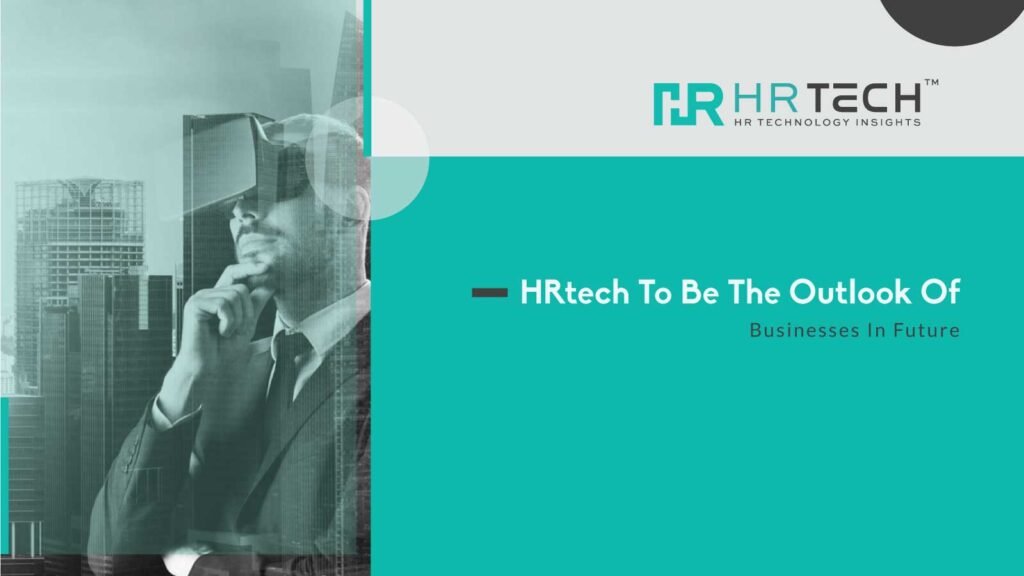As we are about to step into 2025, HRtech trends present a totally new outlook toward business transformation and workforce optimization. Certain HR trends are likely to flip the businesses in terms of growth, offering optimum growth. These trends from AI and ML build a strong focus on enhancing organizational activities, improving employee experience, and retaining, and managing talent. By staying ahead of the HRtech trends, businesses can position themselves in a place to succeed in an ever-changing business environment.
Embracing and adapting these tech trends will streamline HR processes and offer a more engaged, resilient, and diverse workforce.

#1. Hybrid Workplace
Remote work is no longer a temporary trend but a fundamental shift in how we work. HR professionals face the challenge of managing remote teams effectively, fostering collaboration, and maintaining employee engagement in virtual environments. As hybrid work models gain popularity, organizations must implement strategies to optimize productivity and work-life balance for all employees, regardless of their location. Most organizations are now offering either remote or hybrid culture to their employees to boost their productivity and save commute time.
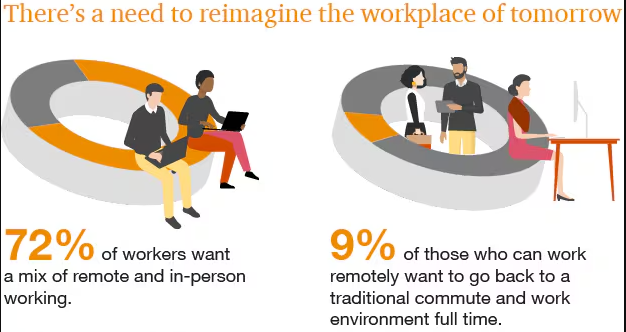
Visit HR Tech Blog: 10 HR Trends To Adapt In Business To Gain Traction
#2. Data-driven Decision Making
Making impromptu decisions would barely lead you to success but, making decisions backed by data and metrics will take you a step closer to success. Organizations are often adopting a data-driven approach to have a deeper understanding of their customers and employees. By leveraging the power of customer and employee data, organizations can align their initiatives with a clearer sense of purpose.

#3. People Analytics
People analytics helps you understand the people and programs, that will appropriately align with the business. It also allows you to optimize your monetary transactions and time. It is a data-driven approach to analyzing customer behavior and employee data to gain better outcomes. It is also known as talent analytics, HR analytics, or workforce analytics.
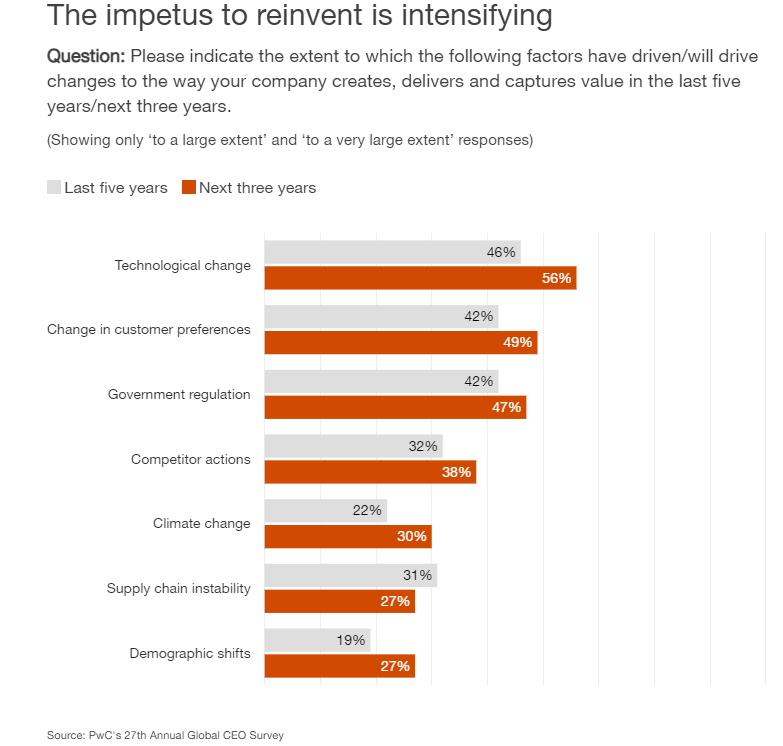
#4. Metaverse
Metaverse is a virtual world that is made by combining AR (Artificial Reality) and VR (Virtual Reality). It creates a space that will impact businesses in multiple ways. The metaverse is predicted to grow exponentially, as businesses have embraced it from the initial stage, and will benefit the businesses most. It will assist in improving customer experience, product innovation, employee engagement, community building, and others.
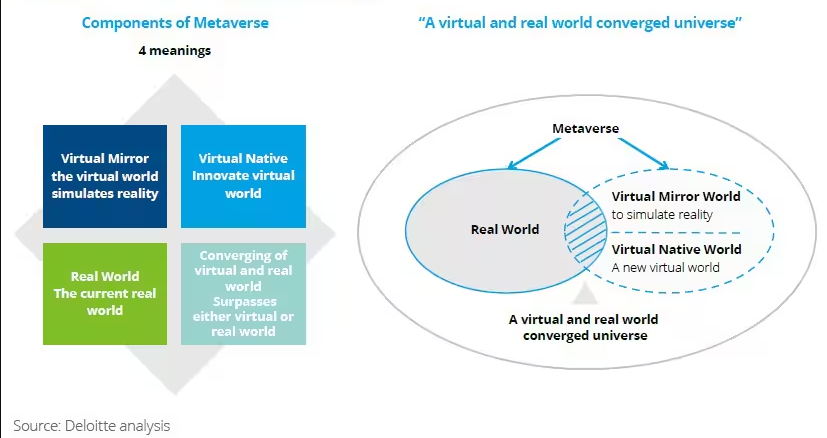
#5. AI in Employee Engagement
AI is leading the world and will revolutionize the way businesses communicate with their employees, which offers a more productive, engaged, and satisfied workforce. By utilizing AI tools, organizations can collect personalized experiences, valuable insights, and streamlined processes, which ultimately drive employee engagement. AI in employee engagement helps an organization with:
- Intelligent feedback systems
- Personalized communication
- predictive analytics
- Automated HR processes
- Chatbots and virtual assistants
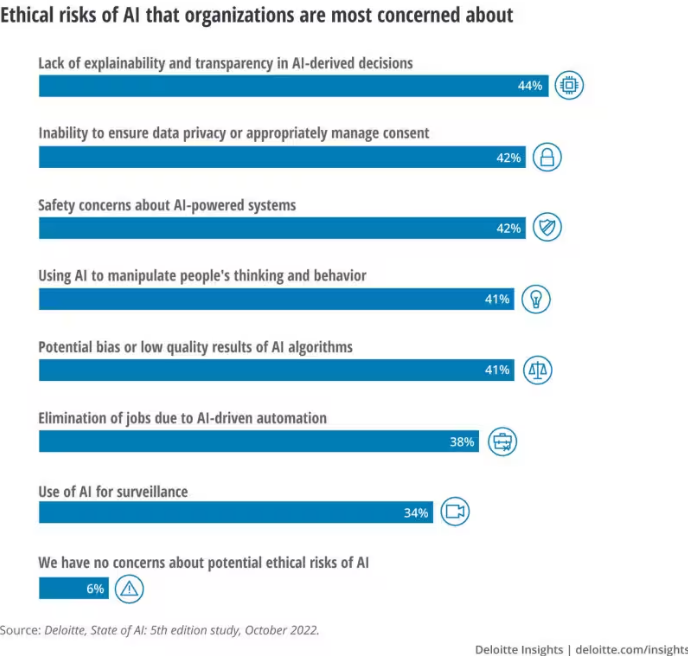
Visit HR Tech Blog: HRtech & Metaverse: A New Leader
#6. Employee Wellbeing
HR tech trends are flashing light on employee mental health and wellbeing. HRs are trying and adapting various innovative applications and tools to gain appropriate outcomes. These tools and applications are customized to support and monitor the well-being of employees, offering resources to assist candidates manage stress and witness a healthy work-life balance. This emerging trend is going to be one of the major outlooks of businesses in the future. Employees are more concerned about their mental health than any other thing in their workplace, which makes it stand at the forefront of the HR tech industry.
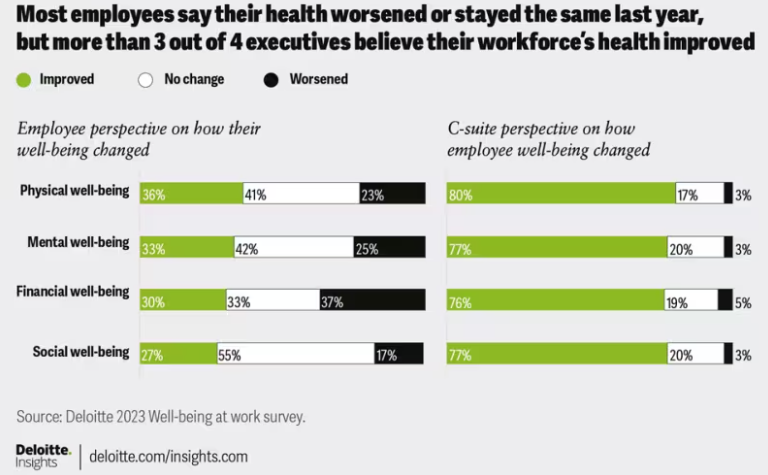
#7. Continuous Learning and Development Initiatives
Continuous learning is the road to success as it drives growth personally and professionally both.
Technology-driven learning systems for the training and development teams could continue to offer improved access to opportunities for multiple domains to expand their knowledge base and skills. These innovative platforms deliver personalized development plans made to every employee’s specific needs. They can begin with a course that aligns with their career objective, from leadership development to technical skills.
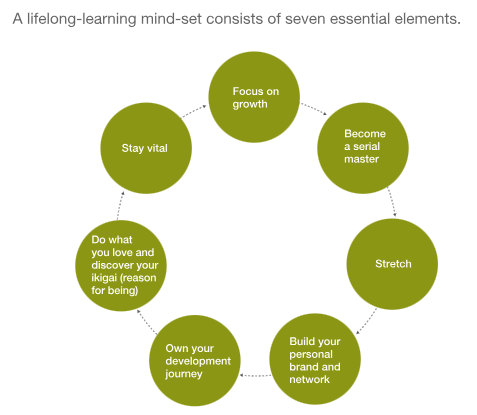
#8. Cloud-based HR Systems
Cloud-based HR systems offer significant advantages over traditional on-premises systems. Streamlined data management, real-time connectivity, and enhanced visibility provide a comprehensive view of HR operations, enabling organizations to identify trends and opportunities. Businesses that have adopted cloud-based HR technology often report increased productivity and higher employee satisfaction. These solutions are particularly valuable for managing hybrid and remote workforces and offer advanced data analytics capabilities, as well as streamlined talent acquisition processes.
#9. DEI
Diversity, Equity, and Inclusion have been at the forefront of HR agendas and will always be. Organizations will forever keep striving to develop an inclusive culture for employees where they feel respected, valued, and empowered. HR professionals will keep their strong focus on building diverse talent pipelines, which develop inclusive leadership practices and implement unconscious bias training. DEI also helps pay equity and ensure that everyone gets equal opportunities at all levels. It is going to be one of the leading HR technologies to be on the outlook of businesses in the future.

Data disclosure has proven effective in other industries, and organizations should leverage data analytics to gain actionable insights from their DEIB initiatives. By analyzing data, organizations can identify gaps, measure progress, and make evidence-based decisions to foster more equitable workplaces.
Visit HR Tech Blog: Top 10 Technologies To Boost The HRtech Domain
#10. Data Security and Compliance
The increasing reliance on cloud-based systems for HR data raises significant concerns about privacy and security. Complying with diverse regulations across different countries can be complex and time-consuming. Cultural differences, language barriers, and time zone challenges can further complicate global HR initiatives, making effective communication and coordination difficult.
Companies that hire employees from other countries need to comply with the respective employment laws and regulations of that country. These laws cover various facets of employment, such as notice periods, employee rights, leave policies, termination, and taxation. Maintaining global HR policies along with ensuring legal compliance poses a crucial challenge for the HR teams owing to varied subject to changes every year.
The Future of HR: A Technology-Driven Transformation
HR is no longer just about administrative tasks. It’s evolving into a strategic business partner, driving organizational success through technology integration. Data-driven decision-making, enhanced learning and development, streamlined performance management, and improved employee experiences are just a few areas where technology has made a significant impact. AI, in particular, is automating routine tasks, freeing up HR teams to focus on strategic initiatives.

Cloud-based HR solutions and AI integration are reshaping the future of workforce management. Businesses are leveraging these technologies to create more agile and responsive HR strategies, better equipped to handle the dynamic challenges of human capital management.
To share your HR technology insights and announcements, please write to us at news@intentamplify.com


